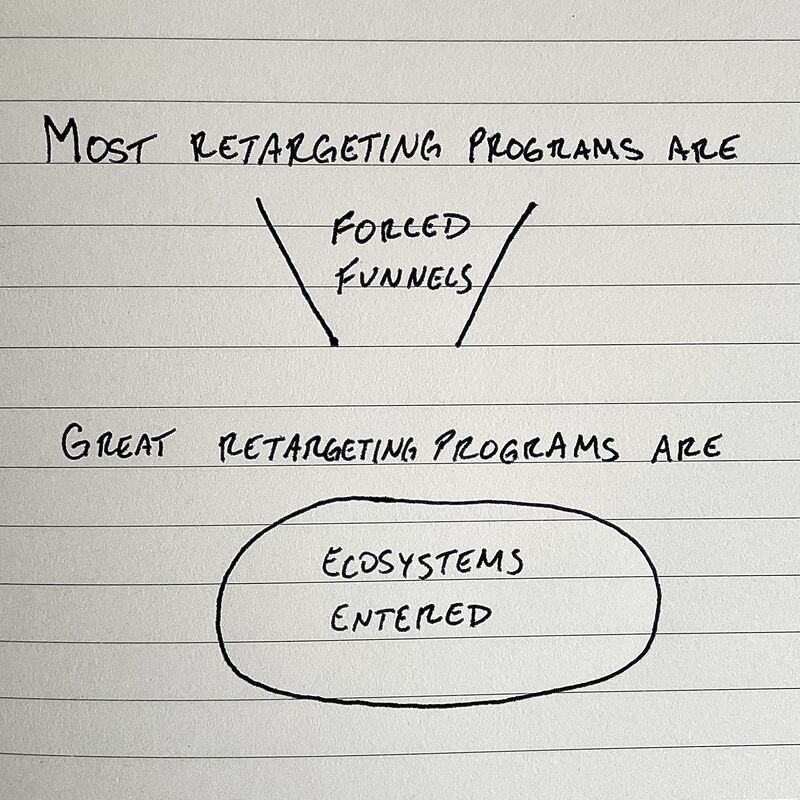There’s an epidemic ?
It’s an epidemic of POPO, or “partners on paper only.”
POPO are great for:
Vanity metrics
Logos on a website
Partner pros who want to claim they’re driving value
POPO are not great for:
Revenue
Influencing the trajectory of your company
Partner pros who actually want to drive value
Partner pros don’t become the heroes of the decade of the ecosystem by filling up their portfolio with “partners on paper only.”
Keep reading to learn the 4-steps partner pros just like you are using to win strategic alliances with sumos.
Use these 4-steps to win a sumo alliance
Almost 10 years ago, back in 2015, Jared Fuller (Chief Ecosystem Officer at Reveal) was the VP of Sales and Business Development at PandaDoc.
He joined the company and over time helped them 10x revenue, grow the team to hundreds of employees, and onboard over 10,000 paying customers.
This is the story of the PandaDoc x HubSpot alliance.
Back in 2015, while PandaDoc was being built in a small SF apartment, HubSpot was fighting for its category crown.
At the time, HubSpot was not the clear category winner. They didn’t have any APIs and were limited in functionality, but Jared bet on them because they were one of the few running a PLG strategy—they were launching for free.
So Jared began building that relationship and partnership.
Eventually, in talking with the HubSpot CRM team, Jared learned that the most important thing to them at the time was free-to-paid conversion. He wondered how PandaDoc influenced that metric.
I had a strong hypothesis that if someone signs a deal, the likelihood that they go from free to paid is probably higher.
So PandaDoc’s team hacked together a HubSpot Chrome extension to validate the hypothesis.
They changed their sign-up flow so anyone using HubSpot’s CRM would be offered the extension. From there, the PandaDoc team tracked user activity.
Next, Jared cold-called his way to Brad Coffey, HubSpot’s current VP of Product.
As soon as Brad answered, he said, “In less than one year, I’m going to be your number one partner globally and you are going to try and buy me.”
On the other end of the phone, Brad was speechless. Jared earned the meeting.
I wanted that meeting because that next meeting is where you put the vision together. It’s critical.
At that meeting, Jared shared the data PandaDoc had been collecting.
When someone uses this Chrome extension and sends a document through e-signature, they are 7x more likely to convert to a customer of HubSpot.
That was critical information because guess who didn’t have any of that data?
Any other partner in HubSpot’s ecosystem.
PandaDoc showed its impact on a priority metric, which became the black swan that in one year opened the door to a multi-million dollar deal.
How to apply this story
After hearing Jared tell this story on The Cheat Code Podcast, Justin Gray (Co-Founder and Managing Director at In Revenue Capital) asked:
Why don’t most partner pros build strategic alliances?
Jared responded:
Because choice is debilitating. And to win a strategic alliance with the sumo in your space, YOU have to have the vision. YOU have to come to them with something new.
Every partner pro wants to partner with a Sumo, but the vast majority get it wrong.
Instead of approaching the Sumo with a vision, they ask the Sumo to create the vision. What they don’t understand is that Sumos don’t care about you. You have to
make them care.
If you want to partner up with a Sumo, here are the 4 critical steps you have to get right:
Define what’s most important to them—What’s a top three metric that the CEO is going to hang her hat on?
How do you impact that metric—How can you validate or impact that you drive that better than any of their other partners?
What does that look like at scale—What kind of dollar impact are you talking about?
Who is comped in that organization based on that metric—Who do you need to be talking to?
Simple. Not easy.
But if you do strategic alliances right, you have the potential to change your organization’s entire trajectory similar to how Jared did with PandaDoc.
Listen to the podcast here and read how Jared used this method again to establish a strategic alliance between Drift x Marketo.
Ecosystems > funnels
Funnels = company-first.
Ecosystems = people-first.
Funnels = forced.
Ecosystems = meeting people where they are.
Funnels = targeting and attracting customers.
Ecosystems = surrounding customers.

Shoutout to Sam Kuehnle for the graphic!
Help a partner pro win a strategic alliance
Share this NbD with a partner pro who needs a reframe on strategic alliances.




